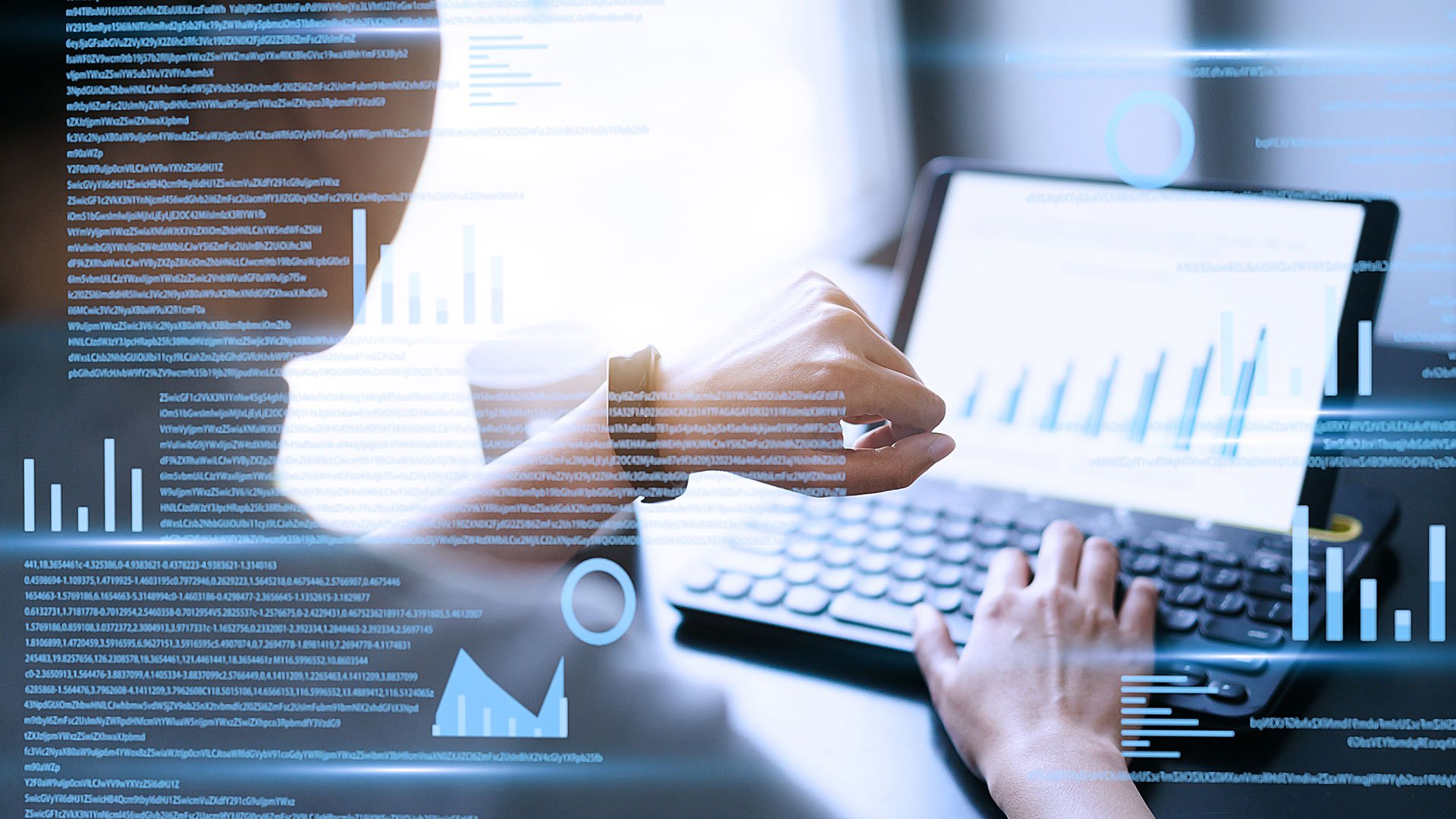ERP 2022: Into the digital future with 9 trends
Published: November 30, 2021
Last update: August 20, 2025
What to keep in mind when entering the digital future
Hardly ever have there been more uncertainties about the upcoming new year than today. Despite all of these uncertainties, there are several ERP trends that companies should take into account.
What has the coming year in store for us? Some read tea leaves, whereas others rely on their gut feeling. But if you're looking for more reliable clues, you should have a look at the latest studies. Based on these studies and its own projects, software provider proALPHA has identified 9 fields of action that ERP users should tackle in 2022.
- Interfaces instead of breaking points: ensure full integration
The digitalization of individual divisions or departments is making good progress. But a real transformation can only succeed with seamless end-to-end processes and the continuous coupling of all relevant systems. According to the digital association Bitkom and their whitepaper ERP trend check 2021 (German only), solutions for digitalization and integration provide the necessary degree of maturity as well as high efficiency. Therefore, companies should start to identify and close the gaps in their processes.
- Human resources: get digital to get better
The prime example of this trend is human resources. The importance of continuous digitalization is also emphasized by the HR services survey (German only) 2021 by Haufe. It shows that the satisfaction of the internal customers is directly linked to the transparency and digitalization of the processes. Therefore, the management of HR processes should be integrated into the ERP system as the central data hub of a company.
- Link by link: strengthen the supply chains
Along with the increasing prices, the supply reliability regarding materials and semi-finished products is currently the top priority for the most manufacturing companies. Efficient purchasing and supplier management is vital here. An article by the consulting firm PWC has goods news here. It shows that by digitalizing your supply chain, you're investing in revenue growth and cost reduction.
- Smart before cloud: launch IoT initiatives
The Internet of Things will continue to gain momentum in 2022. A current survey by the British satellite operator Inmarsat predicts that the investments in the Internet of Things (IoT) will surpass the costs for cloud and other transformation technologies within the next three years. It's about time that all companies that have not yet addressed the topic of (I)IoT get under way. No more technological excuses. ERP systems have been ready to support new service and business models for years.
- Data quality: rely on automation
The IoT keeps on increasing the quantity of the data. According to an IDC survey (German only), almost every third German company already registers a data growth between 31 and 60 percent per year. 37 percent see it as the main challenge to ensure high data quality. However, many still think cleaning data is just a project instead of a process. In light of the growing data volumes, there's no way around automated, continuous data updates anymore.
- Process mining: explore potentials
Already digitalized processes also have potential for improvement. It's the task of process mining to leverage it. Using order processing as an example, the authors of the Bitkom ERP trend check show that you can't do without the data of the ERP system if you want to use process mining to make your processes more transparent and optimize them. It's worth the effort, though. Bitkom sees great potential in process mining.
- Solid future: become more sustainable
A Forsa survey (German only) shows that 70 % of SMEs see sustainable actions as a main factor for their long-term success. Thus, the ERP system assumes another central role. It provides the necessary information for resource and carbon management in order to reduce business trips, electricity consumption, production waste, and the use of paper, packaging and production material, operating resources. Moreover, surplus production is avoided as sales planning is improved. As a result, the ERP system becomes the single source of truth of all actions.
8 Tips to Keep Your Home Office Sustainable
How to make your working area at home (more) climate-friendly
To the article
- Data and information security: take security seriously
As information technology (IT) and operation technology (OT) grow together, companies from the manufacturing industry are seeing more and more cyber attacks. According to a survey (German only) by EY from October 2021, 44% of the interviewed companies have fallen victim to cyber attacks last year, and the number keeps rising. Hackers aim for ransom, reputation, trade secrets of technology leaders or customer data. Therefore, companies should discuss with their ERP provider what to do in case of a cyber attack.
- AI meets usability: focus on the user
Usability isn't just nice to have anymore, it has become a hygiene factor. The more intuitive a system, the higher the efficiency of the employees.
The Fraunhofer (German only) Insitute for Intelligent Analysis and Information Systems IAIS has examined the value contribution of artificial intelligence (AI). Researchers wanted to find out which intelligent functions from their professional or private environment users wanted for their ERP system. Speech to text was by far the the most wanted function (21%). Companies that are currently looking for a new ERP system should therefore evaluate their future software provider not only on the basis of usability but also for future issues of this kind.
.png)

